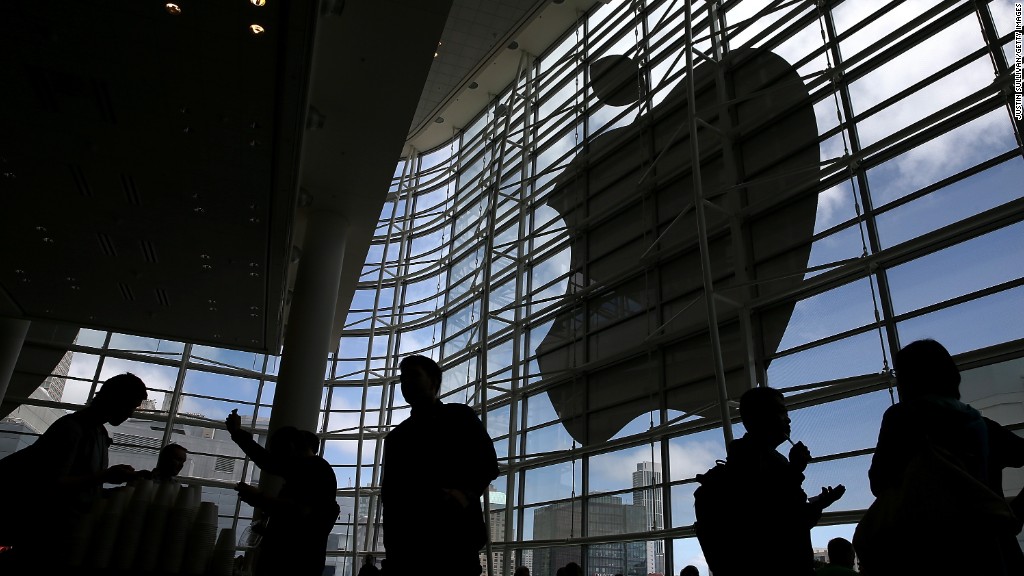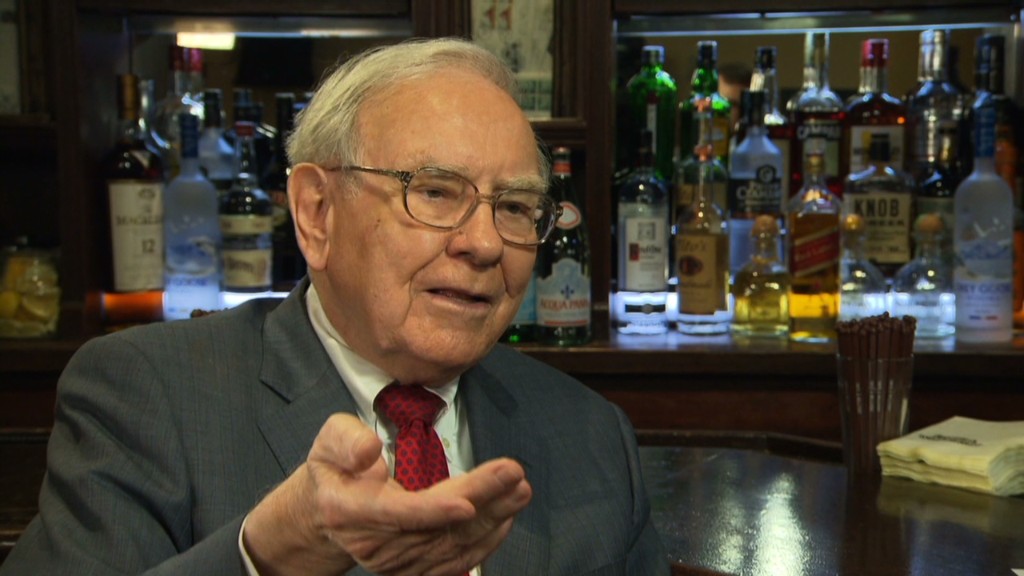
European officials are investigating whether Apple and Starbucks are dodging taxes under arrangements with the Irish and Dutch governments.
A unit of automaker Fiat (FIADF), and its tax affairs in Luxembourg, are also covered by the in-depth probe announced by the European Commission on Wednesday.
"In the current context of tight public budgets, it is particularly important that large multinationals pay their fair share of taxes," said European antitrust chief Joaquin Almunia.
Based on a preliminary analysis, the European Commission is concerned that transfer pricing arrangements in each case could underestimate taxable profits, potentially giving an unfair and illegal advantage to the companies.
Transfer pricing allows companies to move taxable profits from one part of the group to another, often in a different country, by charging for goods or services provided internally.
Apple (AAPL) and Starbucks (SBUX), as well as Google (GOOG) and Amazon (AMZN), have come under fire from lawmakers on both sides of the Atlantic for taking advantage of such arrangements to minimize their tax bills in major markets.
Related: Do the top 1% pay enough tax?
Apple, for example, has paid as little as 2% on profits attributed to its subsidiaries in Ireland, where the top rate of corporate tax is 12.5%.
Tax experts say Apple and others appear to let offshore subsidiaries enjoy outsized profits, allowing them to exploit tax loopholes.
The companies insist they pay all the tax they owe.
"Since the iPhone launched in 2007, our taxes in Ireland have increased tenfold," said an Apple spokesperson. "Success and growth come from the hard work of our Irish employees, not from any special tax deal with the Irish government. We have received no selective treatment from Irish officials."
A Starbucks spokesperson said the company complied with all relevant tax rules and international guidelines. The probe covers the tax affairs of Starbucks in the Netherlands, where the company has a coffee roasting operation and its European headquarters.
Fiat declined to comment.
Related: Has the U.K. become a tax haven?
The Irish government said it would cooperate with the investigation and was confident it had not breached EU rules on state aid to companies.
"The company in question did not receive selective treatment and there was no 'special tax rate deal'," the finance ministry said in a statement.

World leaders have pledged to do more to tackle tax avoidance by big companies, under pressure from voters who feel they've missed out on the recovery from the global financial crisis.
And the heat may be beginning to change corporate behavior. Starbucks said in April it will pay more tax in the U.K. after moving its European HQ to London from Amsterdam at the end of this year.
It has stopped claiming tax deductions for royalties and other inter-company payments, and pledged to pay £20 million in additional taxes in 2013 and 2014.

